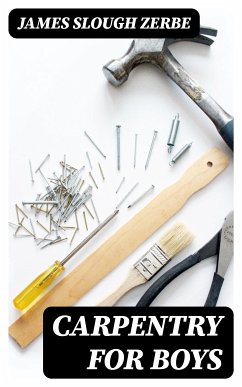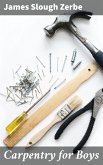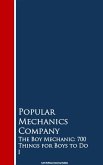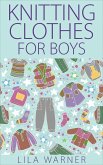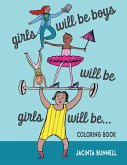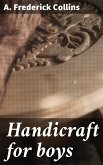In "Carpentry for Boys," James Slough Zerbe presents a comprehensive guide that marries practical skills with educational values, emphasizing the importance of craftsmanship in character building. Written in an engaging, instructional style, the book serves as an introduction to carpentry tailored specifically for younger audiences, replete with diagrams and step-by-step projects. Within the context of early 20th-century America, when hands-on skills were highly prized, Zerbe's work stands out as both a nostalgic homage and a pragmatic resource, blending the exploration of materials with foundational lessons in responsibility and teamwork. James Slough Zerbe, an educator by trade, was passionate about instilling practical skills in youth, influenced by the growing industrialization of his time. His own experiences in woodworking and his belief in manual labor's formative role in education shaped his pedagogical approach. With a robust background in teaching and a vision of fostering self-reliance among boys, Zerbe authored this book to enrich the lives of his readers with both knowledge and skill, reflecting his commitment to practical education. "Carpentry for Boys" is an essential read for parents, educators, and young aspiring carpenters alike. It not only provides invaluable skills in woodworking but also advocates for the personal development that comes from engaging in hands-on projects. This book encourages creativity, discipline, and a sense of accomplishment, making it a timeless resource that resonates with the spirit of learning and exploration.
Dieser Download kann aus rechtlichen Gründen nur mit Rechnungsadresse in A, B, BG, CY, CZ, D, DK, EW, FIN, F, GR, H, IRL, I, LT, L, LR, M, NL, PL, P, R, S, SLO, SK ausgeliefert werden.

